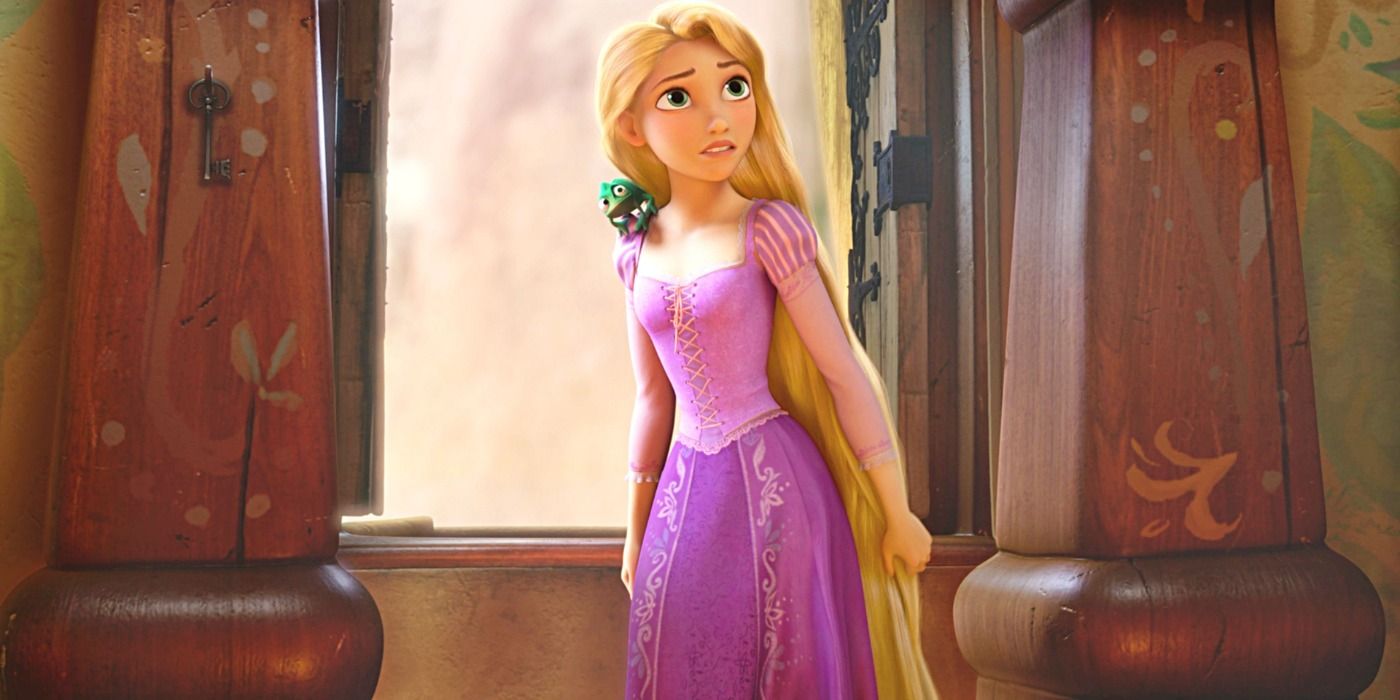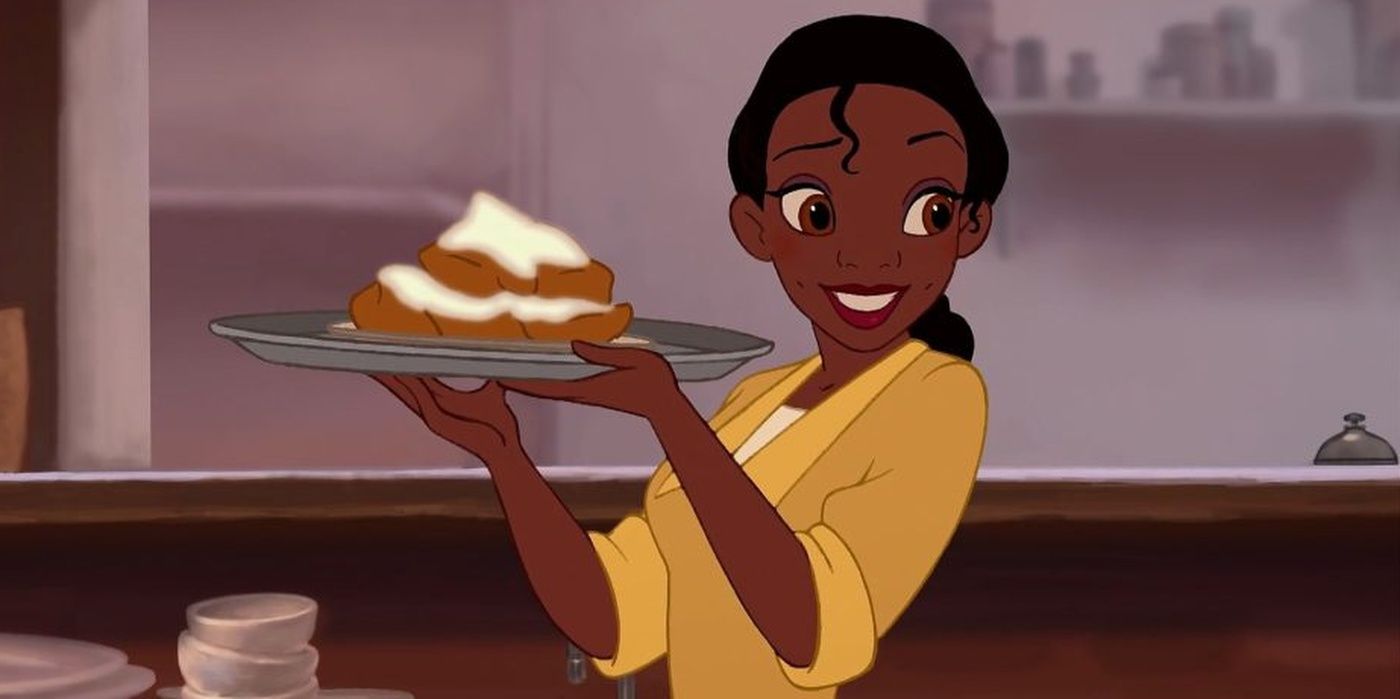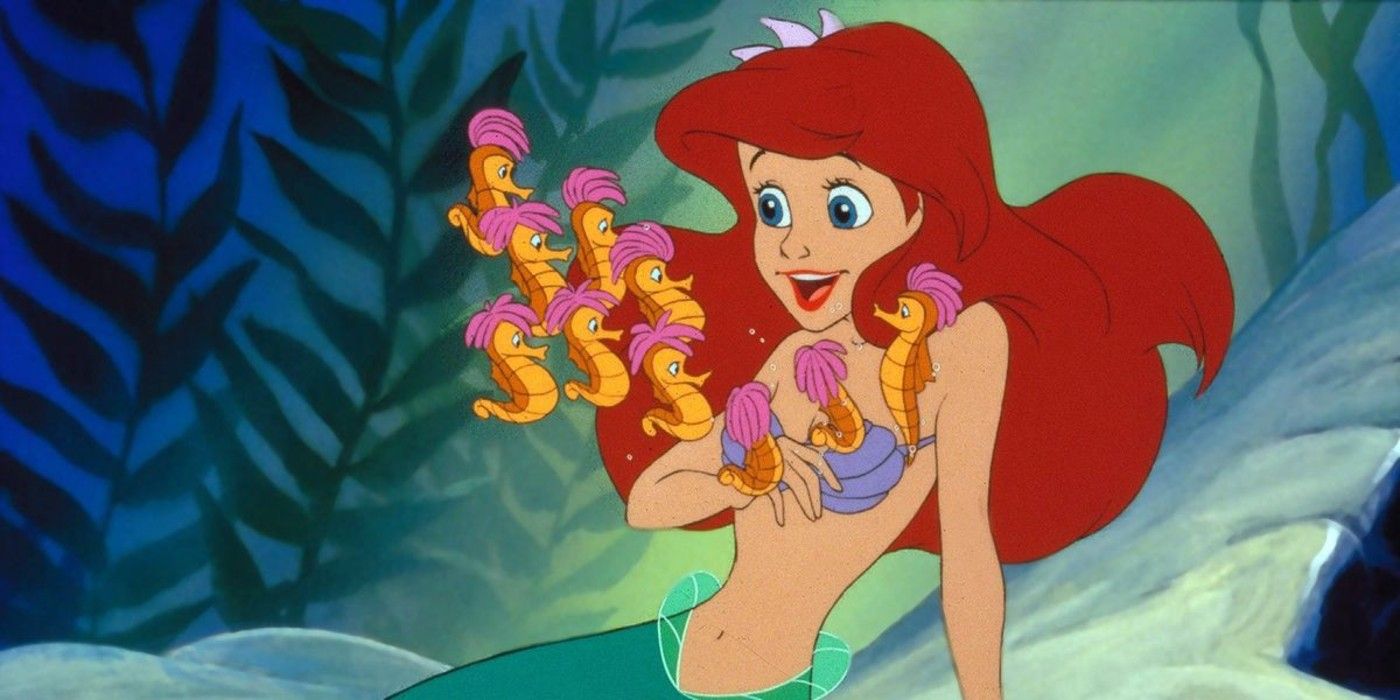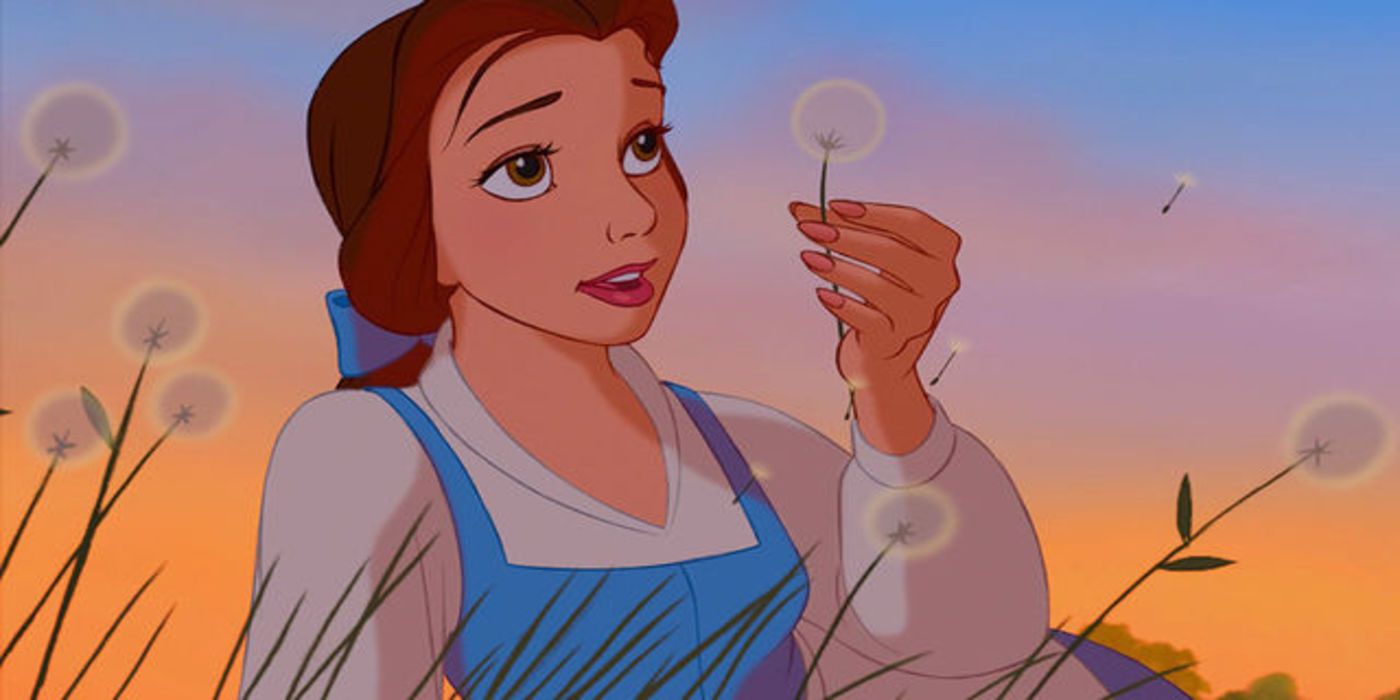In recent years, with the rise and takeover of live-action Disney Renaissance classics, fans have had even more fun identifying with and relating to these classic characters in new ways. Fans have categorized themselves as Disney princesses with their zodiac signs, Myers-Briggs© types, and more - and now, with the Big 5. The Big 5 Personality Test (also known as OCEAN or CANOE for the traits they describe) is a personality test that uses a spectrum as its foundation to scrutinize personalities across 5 separate-but-equal planes.
The Big 5 Personality test is one that emphasizes people's differences to better determine why people act, think, and behave the way they do from one person to the next. Using the Big 5 can be another fun and insightful way for fans to relate to each Disney princess, especially as the new live-action adaptations add depth to the characters.
5 Openness -- Rapunzel

Openness, the "O", according to the Big 5, describes people who are creative, adventurous, and intellectual. They tend to be highly interested in the arts and other cultures. They think in terms of metaphors, patterns, and symbols, and other creative languages. They are curious explorers and likely to reject convention and tradition and ponder higher theoretical, abstract ideas.
Rapunzel encompasses Openness almost perfectly: her entire story is about her desire to explore the wider world. She is a fiercely independent Disney princess and doesn't mind solitude. She is also seen constantly pursuing knowledge, reading, crafting, the arts, and more while in her tower, and this lends to her high intellectual threshold. Rapunzel also sings about patterns, and symbols, focusing on understanding the symbols of the sun and the 'floating lights'. Additionally, Rapunzel is fascinated by the culture Eugene shows her in the town, embracing every part of it. One way she contradicts this, though, is in her willingness to return to her tower, and later, even to sacrifice her freedom entirely for love.
4 Conscientiousness -- Tiana

The "C" in the OCEAN Big 5 Personality model, Conscientiousness describes individuals who are highly disciplined and controlled. They are organized, determined, and delay short-term gratification to achieve long-term fulfillment. These people are responsible, narrow in on their goals, are reliable and hardworking, as well as detail-oriented and get business taken care of.
The fact is, is that The Princess and the Frog's Tiana fits this mold better than any other Disney princess. She has worked for many long years to provide for herself and her mother, as well as zeroing in on her dream of opening her own restaurant in New Orleans. She brushes aside parties, romance, and friends (aside from childhood playmate Lottie) to work and barely sleep. Above anything else, Tiana upholds conviction: in her work, her duties, and in her life. However, one aspect in which Tiana goes against this is when she does eventually fall in love with Naveen and decides to stay a frog, forgoing her restaurant dream.
3 Extraversion -- Ariel

Extraversion -- the "E" in the Big 5 Personality test, describes a person's strong inclination to seek outside stimulation and attention from the outside world and its inhabitants. Their goal is a simple one: to engage to create friendships, mentorships, romantic partners, power, status, wealth, and more. Extraverts are likely how they are because of the emotional reward they get after meeting one of these goals, and keeps them ambitious to keep going for more. These people can be described as positive, happy, and bubbly.
Ariel is the "E" in this model to a "t". She is enthralled with humans and escaping her undersea world in order to trade it for the shores above. She wants to ask them all of her questions, dance on her feet, and be with the prince that she saved from drowning after his ship sank. She also enjoys accumulating wealth in the form of possessions ('gadgets and gizmos aplenty') and showing them off to her animal friends. When she can be the extraverted woman she desires, she blossoms and becomes even happier, bubblier, and more social than she ever could have imagined. An obvious inconsistency with this is when Ariel loses her voice in the contract with the sea witch Ursula, rendering her unable to be as extraverted as she normally would have been otherwise.
2 Agreeableness -- Belle

The "A" in OCEAN -- Agreeableness -- dictates the degree to which someone will put others' needs before and above their own. they are empathetic and enjoy serving others and taking care of them. They have an acute ability to read people and "the room" in order to help out a situation or a person. They are considered cooperative and a team player, which makes them popular. Finally, they are trusting/trustworthy, and forgiving.
While a bit of a wallflower, Belle's "A" traits do stand out, and she is well-liked by the village community because of her kindness and empathy. She also serves her dad and, when she is with him, the Beast. She is empathetic towards him and even forgiving, and can read him like a book when they are in the snowy courtyard, which leads her to eventually fall in love with him. She can read Gaston, too, and knows him well enough to know she should stay away from him.
1 Neuroticism -- Elsa

The final dimension in the OCEAN/Big 5 Personality, the "N" for neuroticism, is exhibited through the individual's more negative aspects of their character: sadness, fear, anxiety, guilt, shame, etc much more often than someone who scores low in this measure. They always act on alert and waiting, in a sense, for the other shoe to drop. They react strongly to situations/circumstances and are plagued by doubt and the heavy weight of personal responsibility, so when things go sideways, they blame themselves. It isn't all bad, though: because fear is a powerful motivator, neurotic people are realistic, have a lot of forethought, and reach many of their own goals.
Elsa embodies neuroticism more than any other Disney princess before and after her. She is a brilliant and gifted child suffocating under everyone's expectations, especially as it concerns the matters of an entire Scandinavian kingdom -- Arendelle -- health and success. When her sister Anna has a near-death experience, Elsa feels personally responsible for it and, thus, sustains some trauma from the event. Her parents ask her to hide her gift and conceal/control her emotions, and feels the loss when she loses them. Elsa loses some of her neuroticism, however, when she finally 'lets go' and embraces her true personhood and fully realized self.
from ScreenRant - Feed https://ift.tt/3zrYyfy

No comments:
Post a Comment